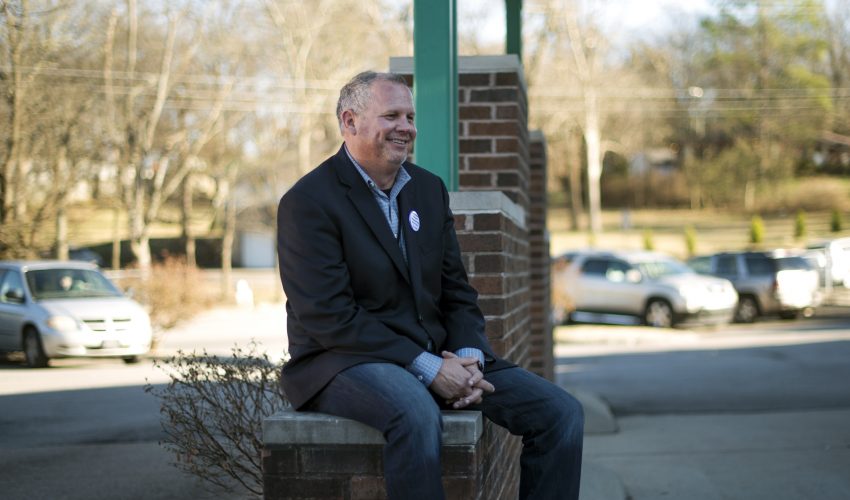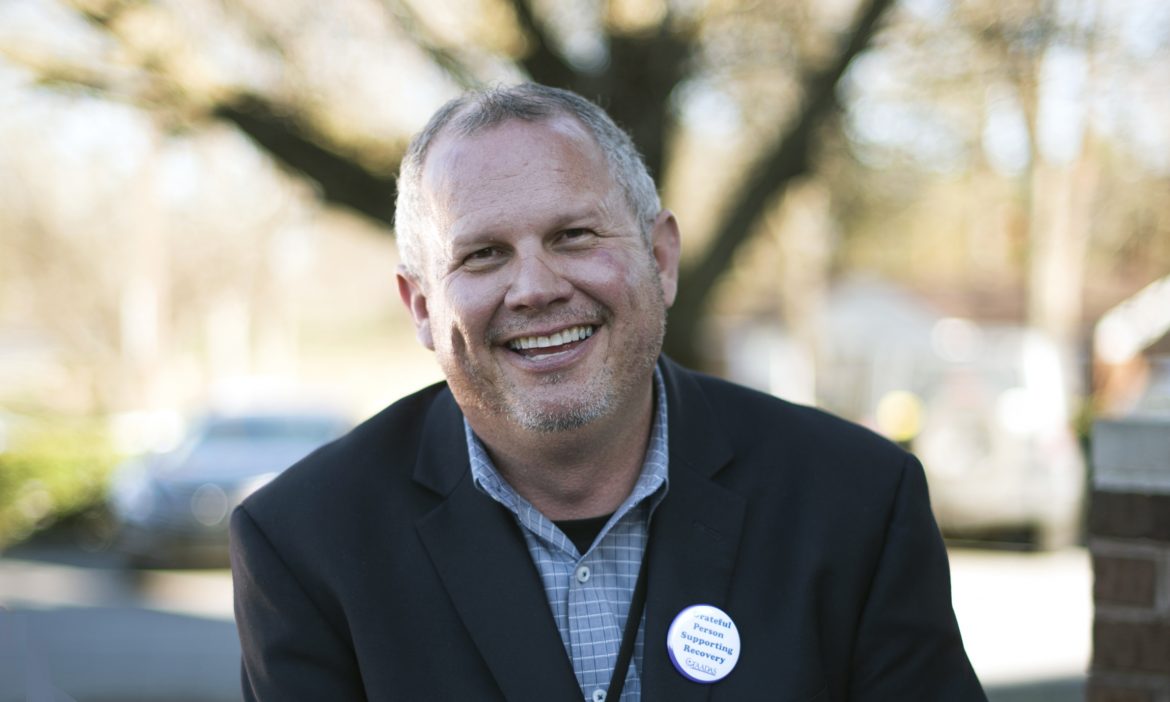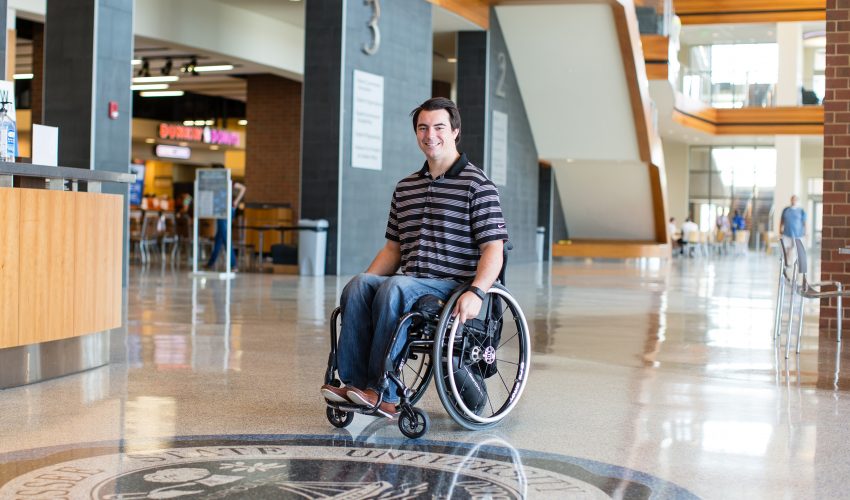“The day I came out of detox was very difficult,” says Stephen Loyd.
“I had cold flashes, and I felt hot and sweaty at the same time. It was painful.”
In 2004, as a practicing Internist in his hometown of Johnson City, Tennessee, Loyd had became addicted to prescription drugs.
Under a physician’s care, he was assigned to his first recovery meeting. When the participants went around the room and told their stories, he was surprised by what he heard.
“There was a room full of people — executives, CEOs, people of all kinds — that let me know that addiction was something that anybody might be facing,” he says.
Now 12 years sober, Loyd hopes the lessons of his past will make a difference in the lives of those who are struggling with addiction.
He’s about to celebrate his one-year anniversary as Medical Director at the Tennessee Department of Mental Health and Substance Abuse Services.
The role allows him to combine his credentials as a physician with a firsthand knowledge of how to address patients with addiction and make specific medical recommendations.
Dr. Loyd explains how his own struggle with opioid abuse has allowed him to get a better grasp on the issue and find ways to solve it.

Better Tennessee: Why is opioid addiction such an important focus for the state of Tennessee?
Dr. Stephen Loyd: The problem is incredibly overwhelming. We really have a crisis on our hands.
In 2015, 1,451 Tennesseans died of overdose — and at least 70 percent of those were from opioid abuse.We continue to move forward and tap into the resources available in our state.
What’s been so great is the dedication I see with people within our department, as well as community members, treatment facilities and law enforcement officials — the support we’ve had from our government.
BT: Addiction is a complex disease. What is the best way to approach it?
SL: Whatever we do, we want there to be no wrong door for people to enter.
Whether you come in to our program from the criminal justice system, a private referral, the federal system, a treatment program, we can help you. It’s about building a plan that works for each person.
BT: Are growing concerns about opioid abuse changing the way physicians treat their patients?
SL: The tendency among physicians is to overreact and stop treating people who have legitimate medical issues.
They keep them out of their practice no matter how many times the patients will come in. Instead, we want to help physicians find the treatment modality that works best for their patients.
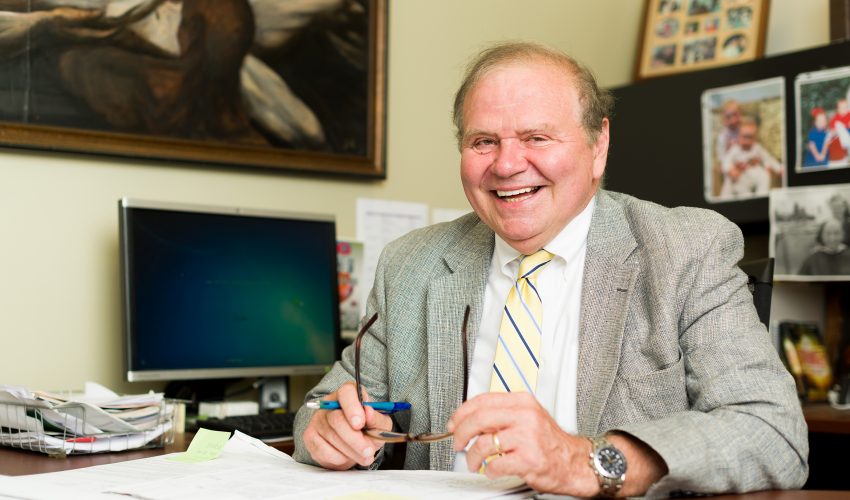
The Tennessee Department of Health's Dr. Mitchell Mutter talked to Better Tennessee about the state's plan for the Chronic Pain Guidelines. Click here to read more.
I think we need to put a greater focus on a recovery-oriented system of care, which empowers people to reach their full potential.
There are so many success stories: In our program we get to see people’s lives go from having their picture in the paper after their arrest, to later on when they have found jobs and are starting a new life.
BT: What’s the best step for people in addiction treatment?
SL: The single biggest problem we have is not the drugs themselves; it’s the stigma associated with addiction.
I don’t believe there’s another disease that suffers from such a stigma. There’s so much shame and guilt involved.
As a result, so many people are scared to step out and seek treatment.
We need to recognize that drug addiction is a mental illness and treat it as such.
BT: How do we overcome the stigma of addiction?
SL: When someone gets better, they don’t let anybody know. It’s important to share your story.
I wouldn’t trade my experiences for anything. I’m not special; but what makes me unique is the position that I’m in.
I have the ability to connect with others who are having similar experiences.
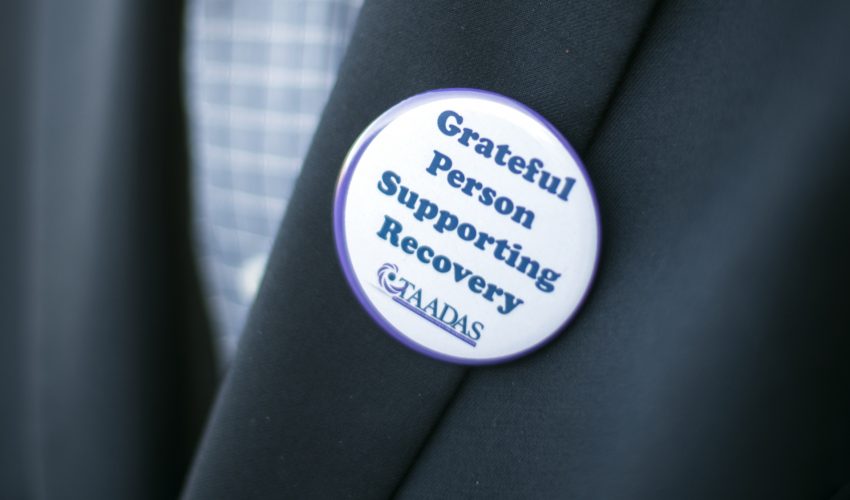

BT: Where can people struggling with addiction find support?
SL: Writer Johan Hari said it best in his book, Chasing The Scream: The First and Last Days of the War on Drugs.
He says, “The opposite of addiction isn’t sobriety – it’s connection.”
You can’t see a way out of addiction unless you find someone who can support you.
We’ve made progress, but we need to find a way to get more groups involved — the faith-based community, other local organizations and more.
BT: How do you see your role moving forward?
SL: When I’m in front of people talking about addiction or educating them in some way, I come at it from a firsthand perspective. I lived with it.
I know what it’s like to be sick, to steal drugs from others, all these things.
Being in this position has been a wonderful thing for me. I never dreamed I would have this opportunity.
I’m so grateful.
